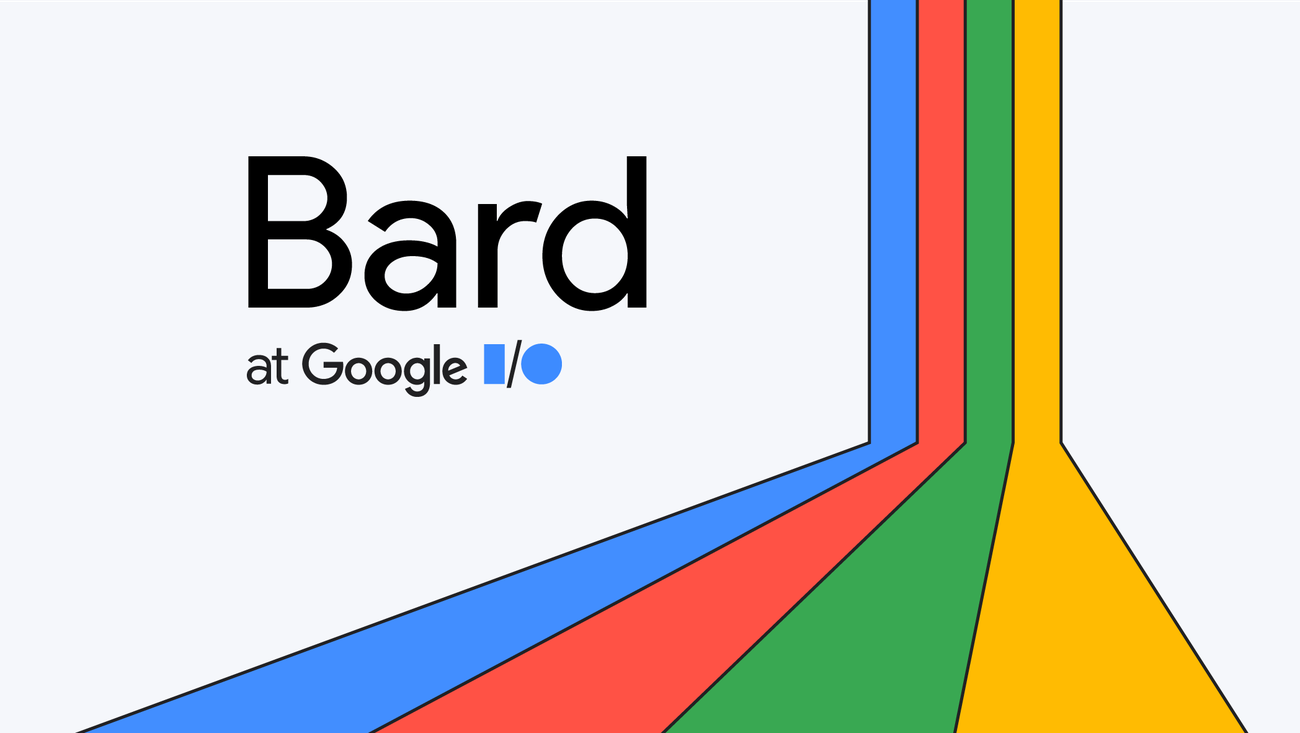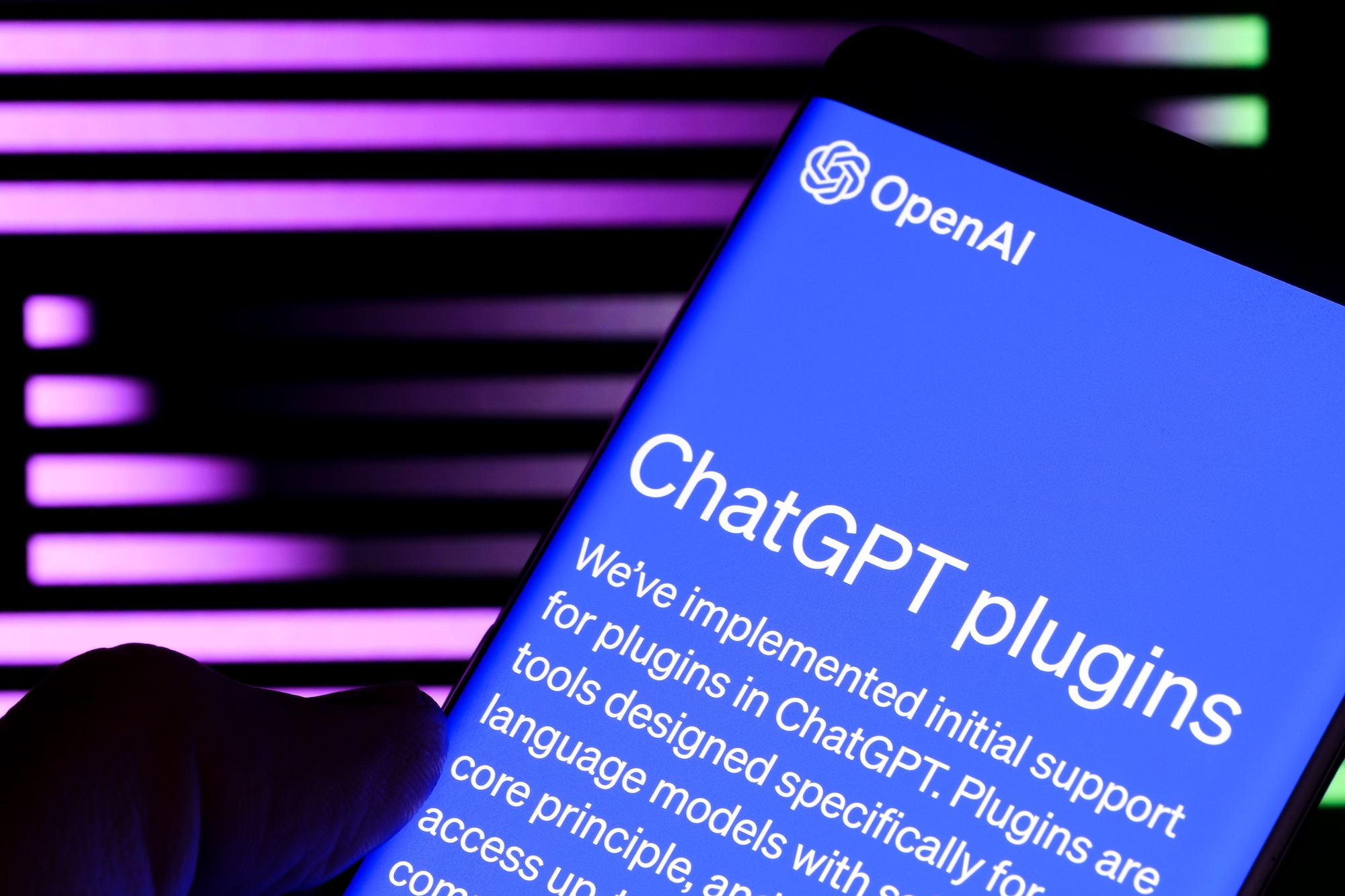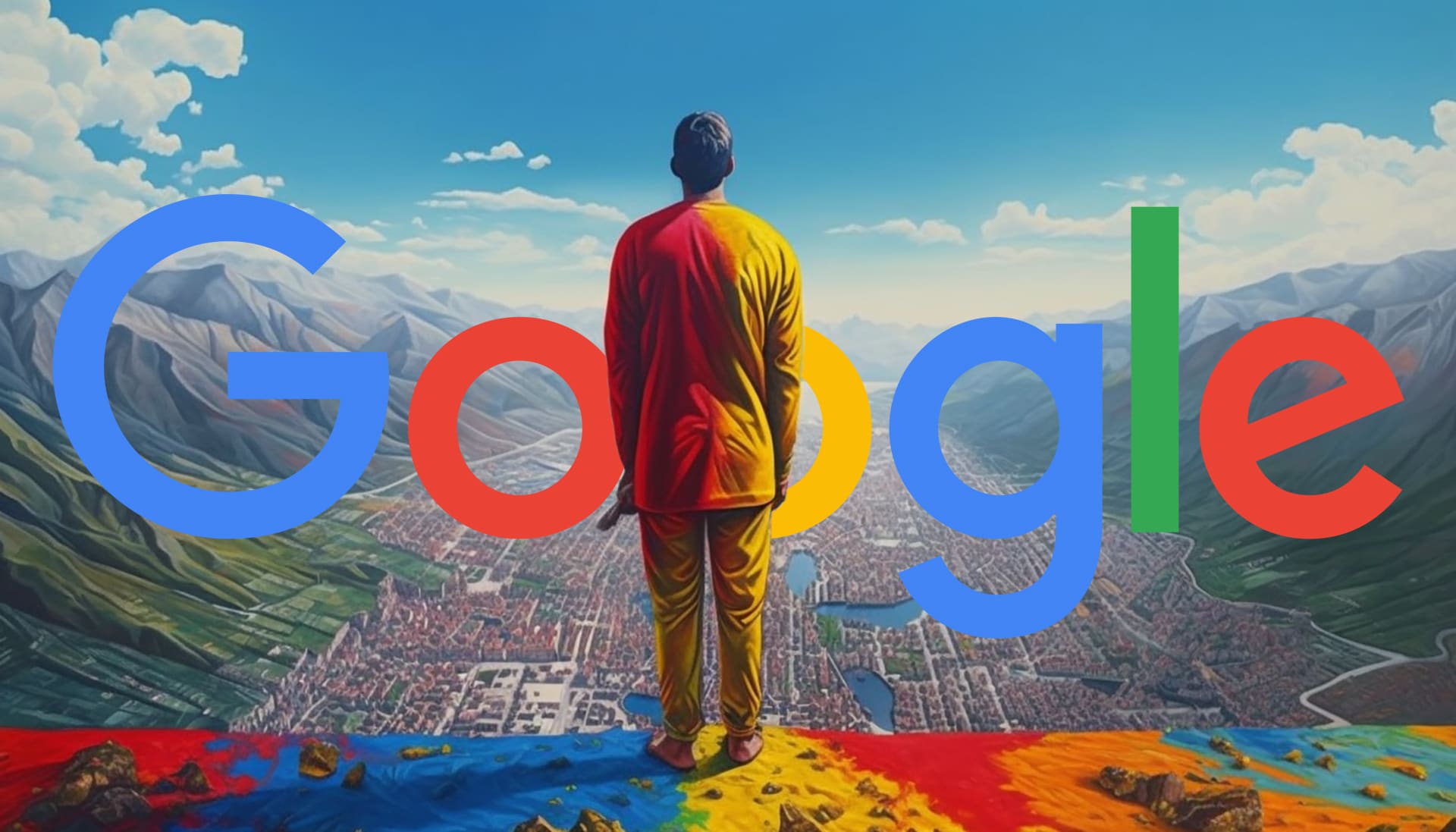- The SEOs Diners Club
- Posts
- The SEOs Diners Club - Issue #64 - Weekly SEO Tips & News
The SEOs Diners Club - Issue #64 - Weekly SEO Tips & News
Here are the weekly SEO insights for the SEOs Diners Club members.

You may also join our free SEO Diners Club network to ask questions and share your thoughts.
Exciting Search Updates Coming With Google I/O
Google unveiled AI-focused enhancements to Search at Google I/O, including a generative AI feature and a 'Perspectives' tool for different points of view.
The Google I/O event was held last week. The following were highlighted at the event;
Google introduced a search experience that uses generative AI to deliver comprehensive and complex search results.
A new 'Perspectives' feature that emphasizes long-form videos, images, and posts offers users different perspectives.
Google also announced that it had updated its helpful content system to make content with personal or expert perspectives more prominent.
Transformative Generative AI
This technology is designed to simplify complex search tasks and provide snapshots of critical information linked to deeper sources.
Google's generative AI can answer more detailed questions, such as comparing two national parks for a family with young children and a dog, by providing relevant details and suggestions for further exploration:

Transformative Generative AI
Diversifying Search with 'Perspectives'
Complementing its productive artificial intelligence technology, Google is introducing the 'Perspectives' feature.

Diversifying Search with 'Perspectives'
This new tool will highlight long-form videos, images, and written posts from discussion boards, Q&A sites, and social media platforms in search results.
The feature is designed to help users understand topics through the experiences and perspectives of others, providing a more human touch to digital information.
For example, if a user seeks advice on making friends in a new city, the 'Perspectives' filter will show results with personal stories and tips from various online sources.
Google emphasizes that 'Perspectives' will improve review content quality in search results, emphasizing the importance of content created by people with first-hand experiences or deep knowledge of a topic.
Update to the Helpful Content Ranking System
Google says that as part of its focus on information quality, it is updating its helpful content system better to understand content from a personal or expert perspective, allowing more of these "hidden gems" to be revealed in Search.
Regarding these innovations, I strongly recommend you review the PDF document "A New Way To Search With Generated AI" by Google.
Google Bard Updated with Search, Maps, Lens, and More Features
New features coming to Google Bard were introduced at the Google I/O event.
Google Bard received a series of updates at Google I/O.
Google removed the waiting list for Bard and added Google Search, Maps, Lens, and other search-related features to the AI-generated service. You will now also be able to use Google Bard in dark mode.
Google said Bard now has "helpful answers along with rich visuals to give you a better understanding of what you're exploring."
ChatGPT Plugins and Web Browsing Beta Release Coming for Plus Users
Unlock new possibilities with ChatGPT web browsing and plugin beta features.
OpenAI announced the latest release of ChatGPT, which includes a beta version of web crawling for ChatGPT Plus users and an impressive 70 plugins.
This release takes the AI platform to new heights by transforming the tasks users can perform with ChatGPT.
From entertainment and shopping to job search and weather forecasts, these experimental features are set to revolutionize the user experience and bring rich possibilities to your chat interface.
New Core Web Vitals Metric is Coming: Interaction To Next Paint
Interaction To Next Paint has been added to the pending important web metrics list.
Google announced that it is retiring the important web metric FID (First Input Delay) and will introduce the Interaction To Next Paint (INP) metric, which more accurately represents the user experience.
The new metric, Interaction to Next Paint, has been upgraded from experimental to pending status.
What is Interaction to Next Paint?
The novelty of INP is that it is a more accurate measure of how long it takes for the page to become responsive. A poor INP is when you click on something, and the expected action, for example, a close-up of an image, does not happen immediately.
Google makes the following explanation about INP:
"INP, which stands for Input Latency, refers to the responsiveness of a web page when interacting with it.
When you interact with a web page by clicking a button or scrolling, the browser processes your input and provides visual feedback in the next frame it generates.
Visual feedback is critical because it tells you, for example, whether an item you have added to your online shopping basket has been successfully saved, whether a mobile navigation menu has opened, or whether the server has validated the content of a login form.
While some interactions naturally take longer, the first visual feedback must be given immediately, especially for complex interactions. This initial feedback tells the user that the web page is responding to their input."
Google: Invalid Schema Markup Does Not Harm Your Site
Google's Gary Illyes said invalid schema markup does not hurt your rankings or site. In the worst case, if Google cannot parse the markup, it will not use it.
Gary said this in his SEO office hours video. When asked, "Can having invalid schema markup on a page hurt the page (for example, product markup without bid/review/totalRating)?" he replied:
"The short answer is no. The long answer is still no because if we can't parse it, we won't use it. This could mean you miss out on search features such as rich attributes underneath your snippets. So your click-through rate may drop because you don't have those eye-catching rich results in the search results. But otherwise, rankings and other placements are not affected by invalid schema markup."
I'm embedding the video here so you can watch it for yourself:
Google Introduces Related Topics Filter in Desktop Search Results
Google's related topics filter launched on mobile devices in December, and after months of testing, it's now coming to the desktop.
Google is rolling out the related topics search filter feature in desktop search results. The associated topics filter was first introduced in mobile Search last December. Now Google is bringing this feature to desktop search.
What does it look like? Here is a screenshot of the new filter menu compared to the old version.
Old:

New:

Google is constantly experimenting with new interfaces. This change to the Google interface can affect people's behavior in desktop search results and organic site traffic.
Why Your Website Needs a Resource Section and How to Create It?
Tips and examples to help you create a resource section to increase your website traffic, engagement, and conversions.
A resource section is a hub for your best content on a page, organized for a good user experience.
The resource section is usually organized and placed to help visitors find content on specific topics or content types.
Think of your resource section like a library - a categorized, organized collection of your best content for readers to browse. They can learn more about your niche, find solutions to their problems, get relevant information, and even discover more about your products or services.
As for the content you will find in a resource center, you are not limited to blogs. You can add any content you create to your resource library, including gated and ungated content:
Blogs and articles
Dictionaries
Guides
E-books
Reports
Podcast episodes
Videos
Webinars
Courses
Vehicles
Templates
Dictionaries
By the way, you can examine the SEO glossary on the Stradiji website, which I continue to create as I find time from my busy pace, as a sample resource section:
Creating a topic cluster on a particular topic with our resource section helps search engines better understand the relationships between pages and issues - which can increase your SEO.
The following article explains how and why to do this in great detail:
Book Of The Week: “Survival Is Not Enough” - Seth Godin
In this book, Seth Godin argues that traditional business models are no longer adequate and suggests that businesses and employees can make a difference with out-of-the-box, distinctive strategies.
It is a fact that life is not just about breathing. In business, this is even more true; you have to keep up with changing conditions, gain a competitive advantage and innovate relentlessly.
In this book, Seth Godin argues that traditional business models are no longer sufficient and suggests that businesses and employees should make a difference with exceptional strategies that go beyond the ordinary.
In a business world where change is accelerating day by day, if you want to survive and, more importantly, if you're going to stand out with original ideas, this book will guide you.
Remember, change is not a danger to be feared but rather an opportunity to be seized. So, if your goal is to become one of the leaders of your sector and you are looking for how you can differentiate from your competitors, don't wait any longer to discover the lines of this book that will lead you to success.
I hope you enjoyed my weekly SEO insights. Hope to see you the following Monday in the new episode. I wish you all a great week.
Best,
Mert Erkal
How Can I Help You?







